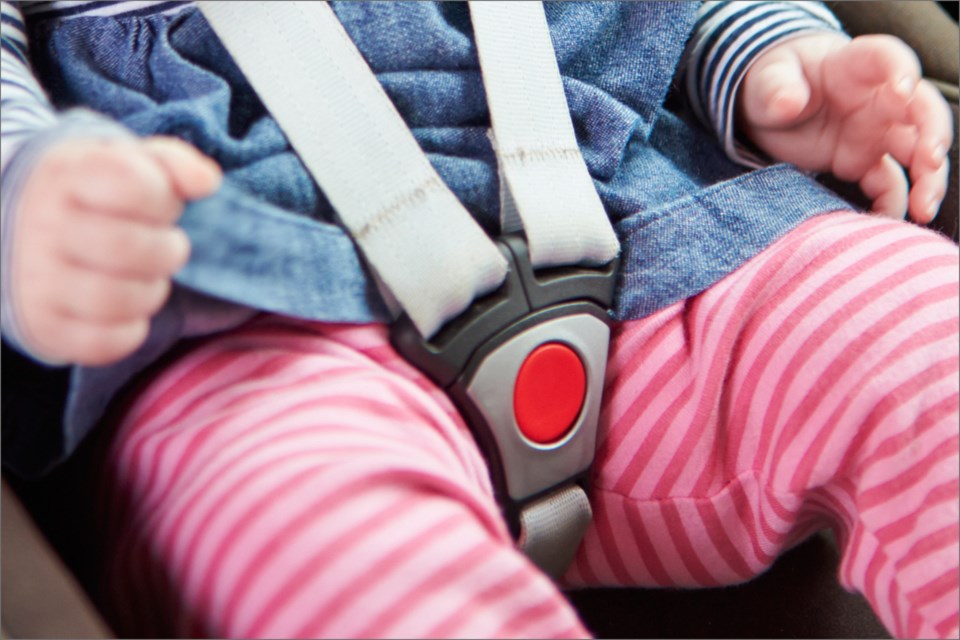NEWS RELEASE
MICHIGAN DEPARTMENT OF TRANSPORTATION
**********************
The goal is zero fatalities and serious injuries on Michigan roads through the implementation of the Safe System Approach. Since last week, 16 people died on Michigan roadways making a total of 677 this year. In addition, 124 more were seriously injured for a statewide total of 3,729 to date.
Compared to last year at this time, there are 45 fewer fatalities and 201 fewer serious injuries.
Numbers are provided by the Michigan State Police.
Child Passenger Safety Week & National Seat Check Saturday
Keeping children safe while traveling is a top priority for parents and caregivers, and often parents seek out information regarding car seat safety. Material created for this campaign covers topics every step of the way — from purchasing the correct car seat according to a child’s weight and height, to properly installing it, and when to move them to the next type of seat.
While child passenger safety is important year-round, Child Passenger Safety Week in September is a good time to increase communication related to child passenger safety messaging. On National Seat Check Saturday, which coincides with Child Passenger Safety Week, many locations throughout the country will be offering free car seat inspections by certified Child Passenger Safety Technicians. Find out if an event or technician is available in your community by visiting www.nhtsa.gov/CarSeatInspection.
Key Dates:
- September 15-21, 2024: Child Passenger Safety Week
- September 21: National Seat Check Saturday
Car Seats Save Lives:
In passenger cars, car seats reduce the risk of fatal injury by 71% for infants and by 54% for toddlers 1 to 4 years old. For infants and toddlers in light trucks, the corresponding reductions are 58% and 59%, respectively.
Car crashes are a leading cause of death for children. Studies have shown that parents can be overconfident in their ability to select and install the right seats for their children; in fact, approximately half of all car seats are not correctly installed. The U.S. Department of Transportation’s National Highway Traffic Safety Administration’s (NHTSA) urges parents and caregivers to double-check and make sure their children are in the right seats (rear-facing car seats, forward-facing car seats, or booster seats) and that the seats are installed correctly. “Good enough” may not be good enough in a crash.
Michigan's Child Passenger Safety Law requires:
- Children younger than age 4 to ride in a car seat in the rear seat (if the vehicle has a rear seat). If all available rear seats are occupied by children under 4, then a child under 4 may ride in a car seat in the front seat. A child in a rear-facing car seat may only ride in the front seat if the airbag is turned off.
- Children must be properly buckled in a car seat or booster seat until they are 8 years old or 4-feet-9-inches tall. Children must ride in a seat until they reach the age requirement or the height requirement, whichever comes first.
The Office of Highway Safety Planning has additional information and resources surrounding child passenger safety: Child Passenger Safety.
**********************



